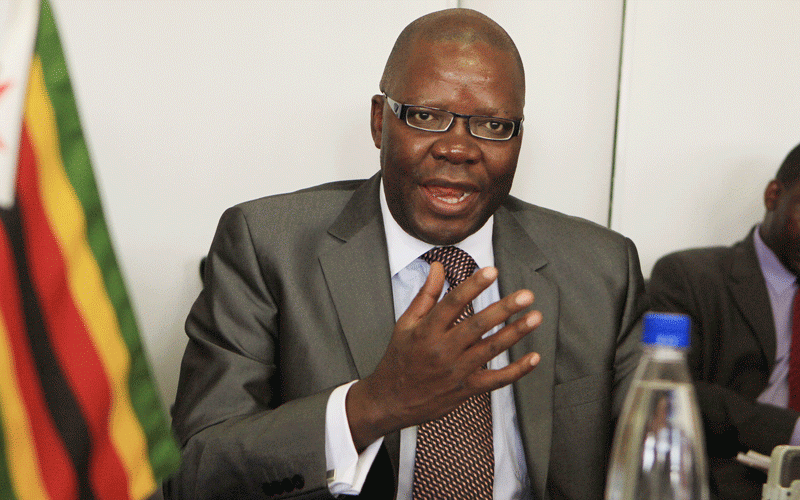
Former Finance minister Tendai Biti has said government’s forceful nature of its policies to adopt the volatile Zimdollar sabotaged plans to de-dollarise the economy .
The local currency has been depreciating since it bounced back in 2019 with over 80% of the local transactions now conducted in the United States dollar.
Speaking at a post-budget breakfast meeting last Friday, hosted by our sister paper, Zimbabwe Independent, and Mark & Associates, Biti said the government had created an environment of involuntary generalisation over the local currency.
“And what happens now in economics is that once you have a situation of involuntary generalisation, your currency will have been caught in flat land. It will have been caught naked. There will be an absolute lack of confidence, total lack of confidence, total collapse in your currency…there’s no country in the world that has involuntarily dollarised, that is able to de-dollarise again,” he said.
“So, the government’s quest to de-dollarise is a losing battle. That’s why SI 33 of 2019 (Statutory Instrument 33 of 2019) collapsed and failed in Africa. The person who made it fail more than anyone else that was the centre of it and the government was the map.”
SI 33 of 2019, enacted in February 2019, initially brought back the Zimdollar as the “RTGS dollar” but at a forced rate of US$1: ZWL$1.
Thus, when the local currency fully returned in June 2019, the government started determining its value creating huge premiums between the official and parallel forex rates.
“Despite the existence of SI 33 of 2019, every other levy, every other charge, including number plates, which we were buying for US$80, every other levy charged by the government is in US dollars,” Biti said.
- Mayhem as schools reject Zimdollar fees
- Forex demand continues to fall
- USD fees: Govt policy failure hurting parents
- Biti concludes ConCourt application
Keep Reading
“So, the ultimate destroyer, apart from the confidence issue, the biggest destroyer of de-dollarisation was the government itself.”
The government first adopted the use of multicurrency in 2009 following a bout of hyperinflation.
Biti served as Finance minister from 2009 to 2013.
However, central bank’s Monetary Policy Committee member Persistence Gwanyanya said dollarisation had crippled most of the economy before the return of the local currency.
“All countries that use their own currency, their own currency is stored by some measure of law. All currencies in this world, if you ask them, even in Europe, you will not be shocked when they start pivoting for the US dollar because that’s the nature of the US dollar,” he said.
“All over the world, that’s what it does, the US dollar, it’s very difficult. Once you’ve tested it, it’s very difficult to leave it. So, that’s the nature of the dollar.”







